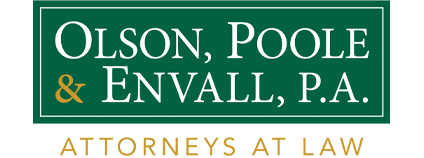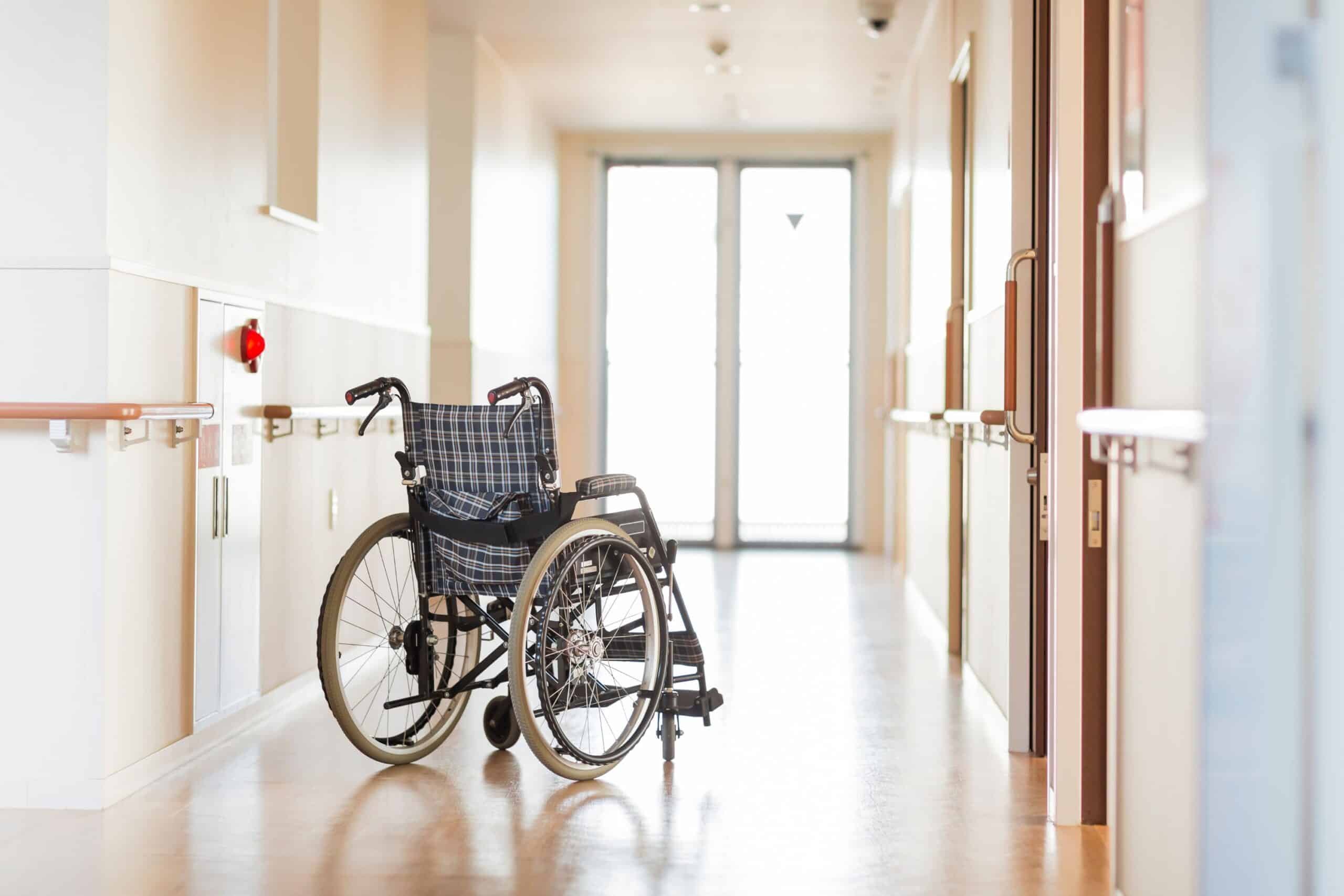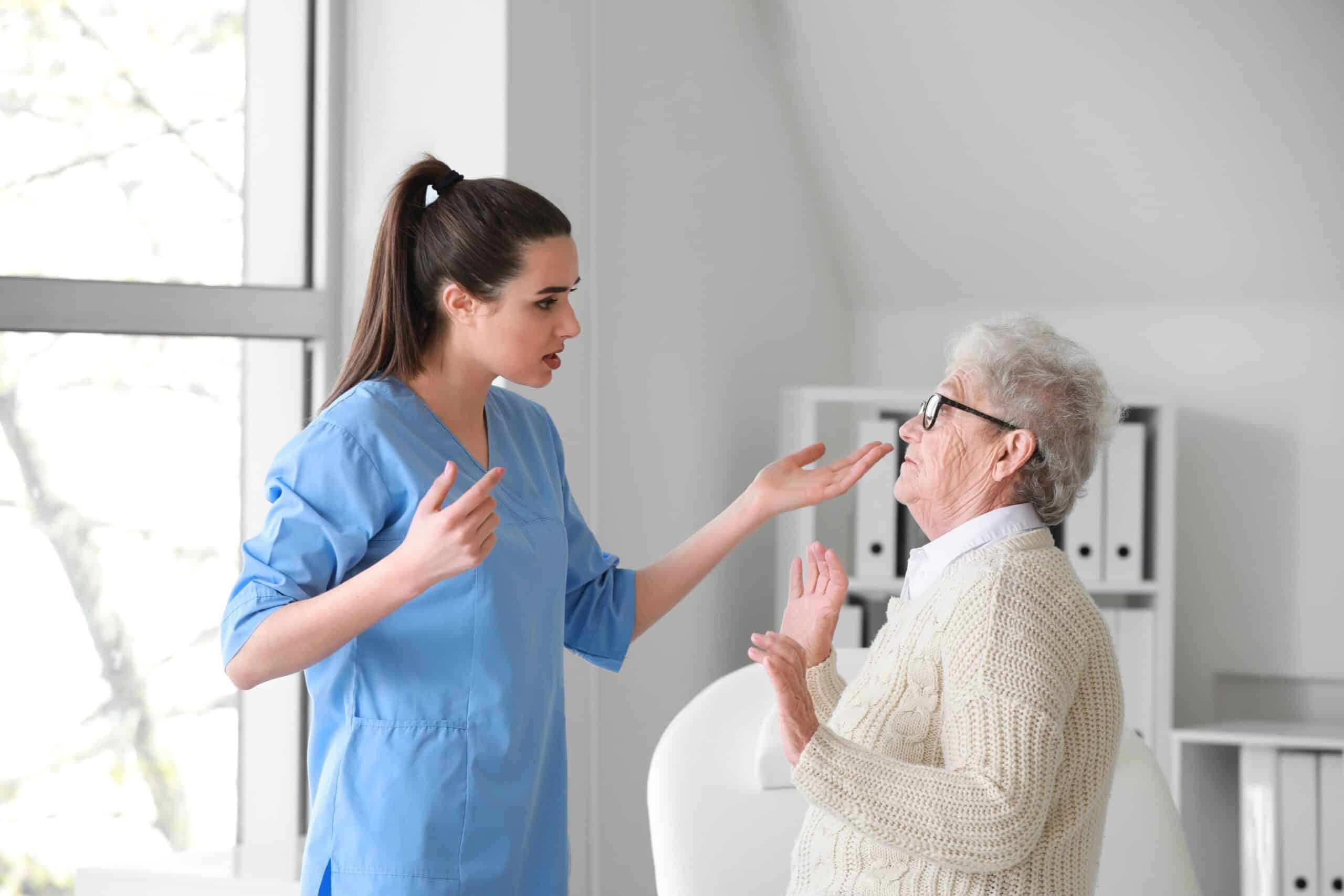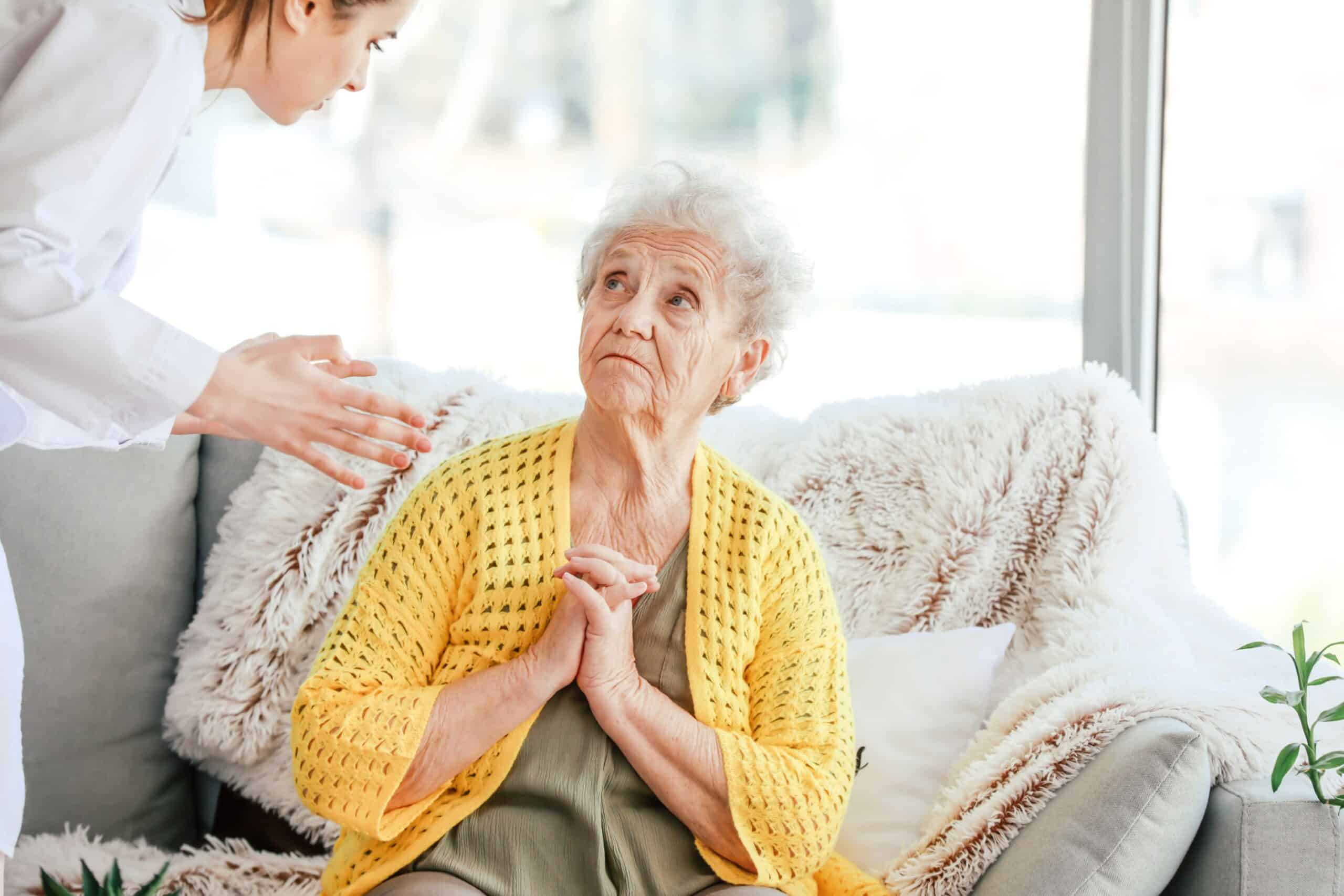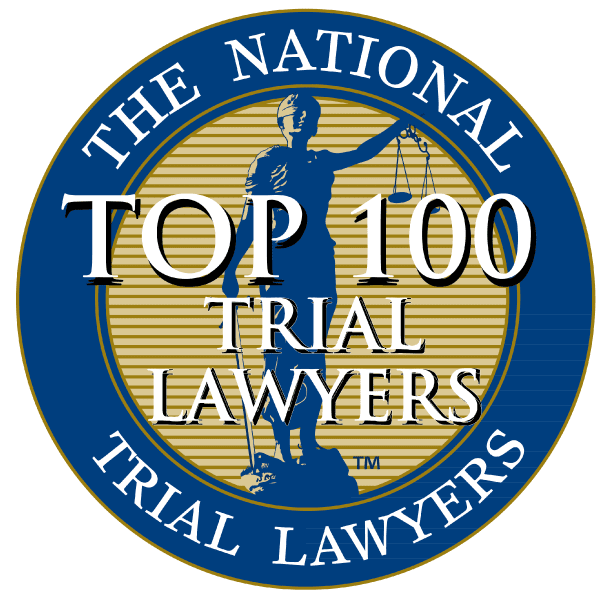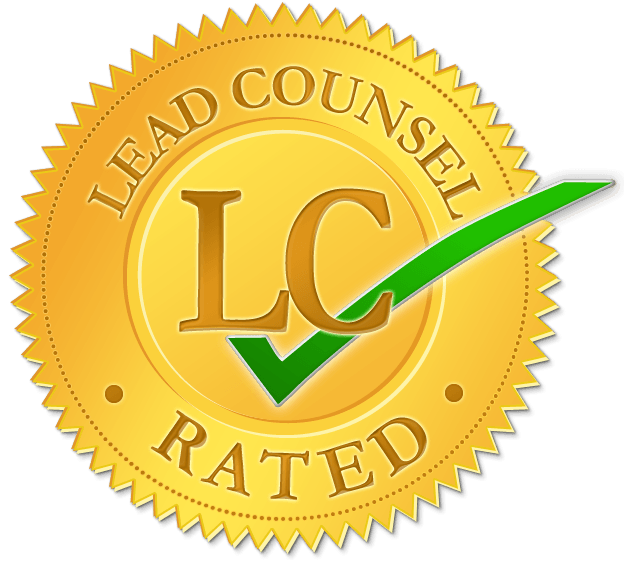Recognizing the Signs of Nursing Home Abuse in Minnesota
Ensuring the safety and well-being of our elderly loved ones residing in nursing homes is paramount. Unfortunately, nursing home abuse is a distressing reality that can affect vulnerable individuals. Recognizing the signs of nursing home abuse is crucial to protect our elderly population and take appropriate action.
Understanding Nursing Home Abuse
Nursing home abuse refers to any intentional act or negligence that causes harm or distress to a resident in a nursing home facility. It can take various forms, including physical abuse, emotional or psychological abuse, financial exploitation, neglect, and sexual abuse. Recognizing the signs of abuse is crucial to intervening promptly and ensuring the safety and well-being of the affected individuals.
Signs of Nursing Home Abuse
Physical Indicators: Unexplained bruises, cuts, fractures, or burns may indicate physical abuse. Look out for signs of restraint, such as marks on wrists or ankles, indicating improper use. Sudden weight loss, malnutrition, dehydration, or poor hygiene can also be signs of neglect or abuse.
- Emotional and Psychological Indicators: Behavioral changes such as increased agitation, withdrawal, anxiety, depression, or fearfulness can be signs of emotional or psychological abuse. Residents who are suddenly unresponsive, appear fearful around certain staff members, or exhibit changes in sleep patterns or appetite may also be experiencing abuse.
- Financial Exploitation: Unusual financial transactions, missing personal belongings, sudden changes in a resident’s financial situation, or forged signatures on financial documents may indicate financial exploitation. Be vigilant in monitoring bank statements and watch for any suspicious activity.
- Neglect: Poor personal hygiene, unclean living conditions, untreated medical conditions, bedsores, frequent infections, or a lack of assistance with daily activities can be signs of neglect. Staff members failing to provide necessary medications or assist with mobility may also indicate neglectful practices.
- Sexual Abuse: Unexplained bruises, injuries to the genital or anal area, torn undergarments, and sudden changes in behavior or demeanor may indicate sexual abuse. It is important to approach this issue with sensitivity and provide a safe space for residents to share their experiences if they feel comfortable doing so.
Legal Framework and Reporting
Minnesota has laws protecting nursing home residents from abuse and neglect. The Minnesota Vulnerable Adults Act outlines vulnerable adults’ rights and mandates reporting suspected abuse or neglect. The act requires healthcare professionals, including nursing home staff, promptly report suspected abuse.
If you suspect nursing home abuse, it is important to take the following steps:
- Document: Keep a record of any concerning incidents, including dates, times, locations, and details of what you observed or were told. Take photos of any physical injuries, unsanitary conditions, or signs of neglect.
- Report: Contact the Minnesota Adult Abuse Reporting Center (MAARC) at 1-844-880-1574 to report suspected abuse. They will guide you through the reporting process and ensure appropriate agencies are notified.
- Seek Legal Assistance: Consult an experienced attorney specializing in nursing home abuse cases. They can help protect the rights of your loved one, gather evidence, and pursue legal action if necessary.
- Visit and Communicate: Regularly visit your loved one, observe their well-being, and communicate openly. Ask about their experiences, listen attentively, and validate their concerns. Your presence and support can provide comfort and reassurance.
Preventing Nursing Home Abuse
While it’s important to recognize the signs of nursing home abuse, prevention is equally crucial. Taking proactive measures can help reduce the risk of abuse for your loved ones in nursing homes. Here are some preventive steps to consider:
- Research and Select a Reputable Facility: Thoroughly research nursing homes before deciding. Look for facilities with positive reviews, proper licensing, and a track record of providing quality care. Visit the facility in person and assess the cleanliness, staff-resident ratio, and overall environment.
- Stay Involved and Engaged: Regularly visit your loved one and stay connected with their caregivers. Establish open lines of communication with the nursing home staff and proactively address any concerns. By being actively involved, you can establish a strong support system and show that you are invested in your loved one’s well-being.
- Educate Yourself and Your Loved Ones: Learn about the signs of abuse and educate your loved one about their rights and the resources available.
Encourage them to speak up if they experience or witness any form of mistreatment.
- Be Observant: During visits, pay attention to changes in your loved one’s physical appearance, behavior, or emotional state. Document any concerns and discuss them with the appropriate staff members or authorities if necessary.
- Support Staff Training and Regulations: Advocate for strong nursing home training programs and policies. Encourage facilities to prioritize abuse prevention and ensure that staff members are adequately trained to identify and report abuse.
Recognizing the signs of nursing home abuse is crucial for protecting vulnerable residents in Minnesota. By understanding the different forms of abuse and knowing how to respond, we can take the necessary steps to address mistreatment and ensure the safety and well-being of our loved ones. Remember to stay vigilant, report suspicions of abuse promptly, seek legal assistance when needed, and take proactive measures to prevent abuse. We can create a safer environment for our elderly population and promote dignity and respect in nursing home care.
About the Author:
A former Assistant Public Defender for the Sixth Judicial District in Duluth and former staff attorney for the Indian Legal Assistance Program, Brent R. Olson is an experienced trial lawyer who has appeared in every Courthouse in the Sixth Judicial District and taken over three dozen cases to verdict. At LaCourse, Poole & Envall, Mr. Envall focuses on family law, workers’ compensation, and criminal defense. He has a strong belief in restorative justice and helped to develop the Domestic Violence Restorative Circles program.


